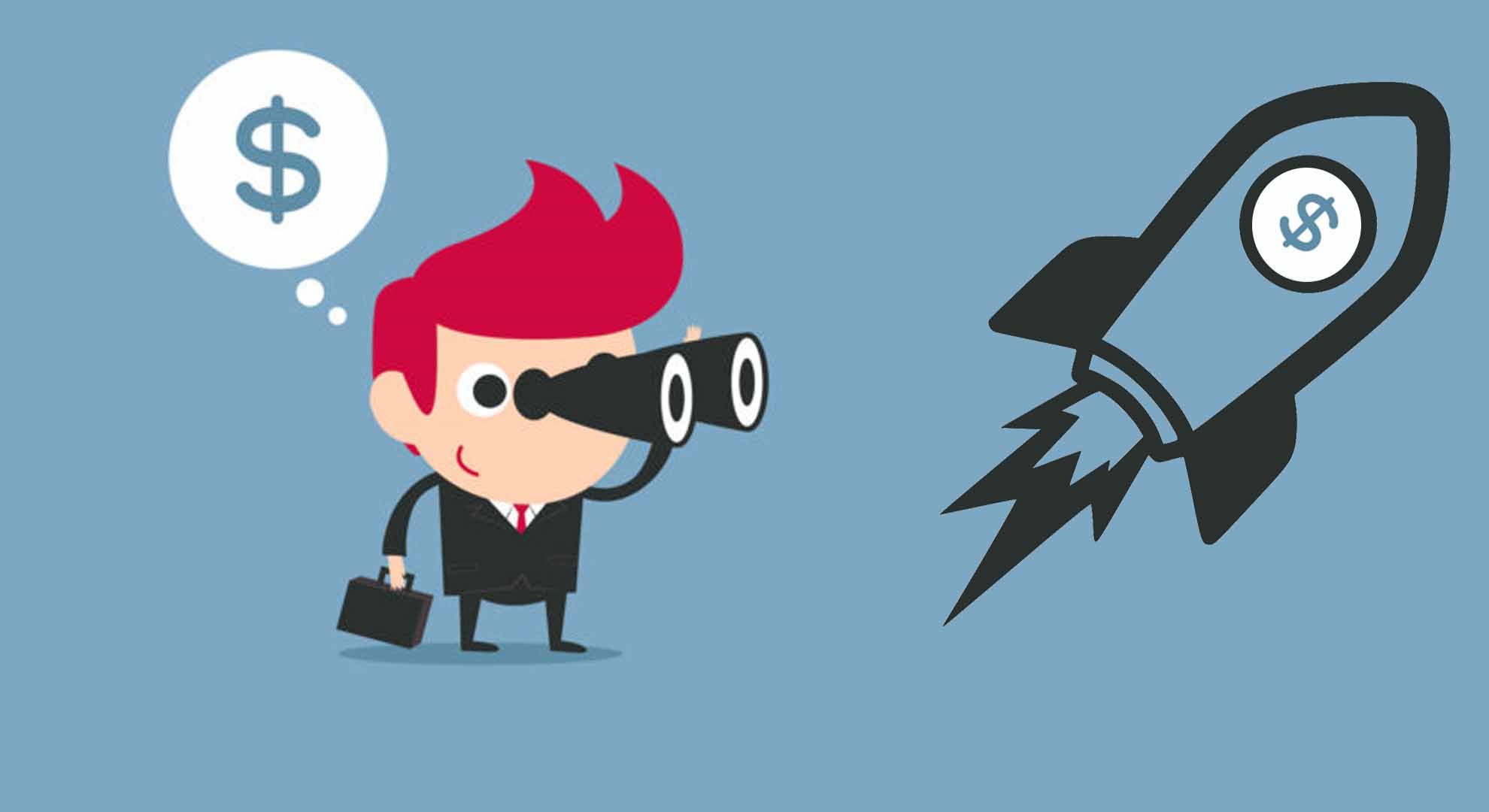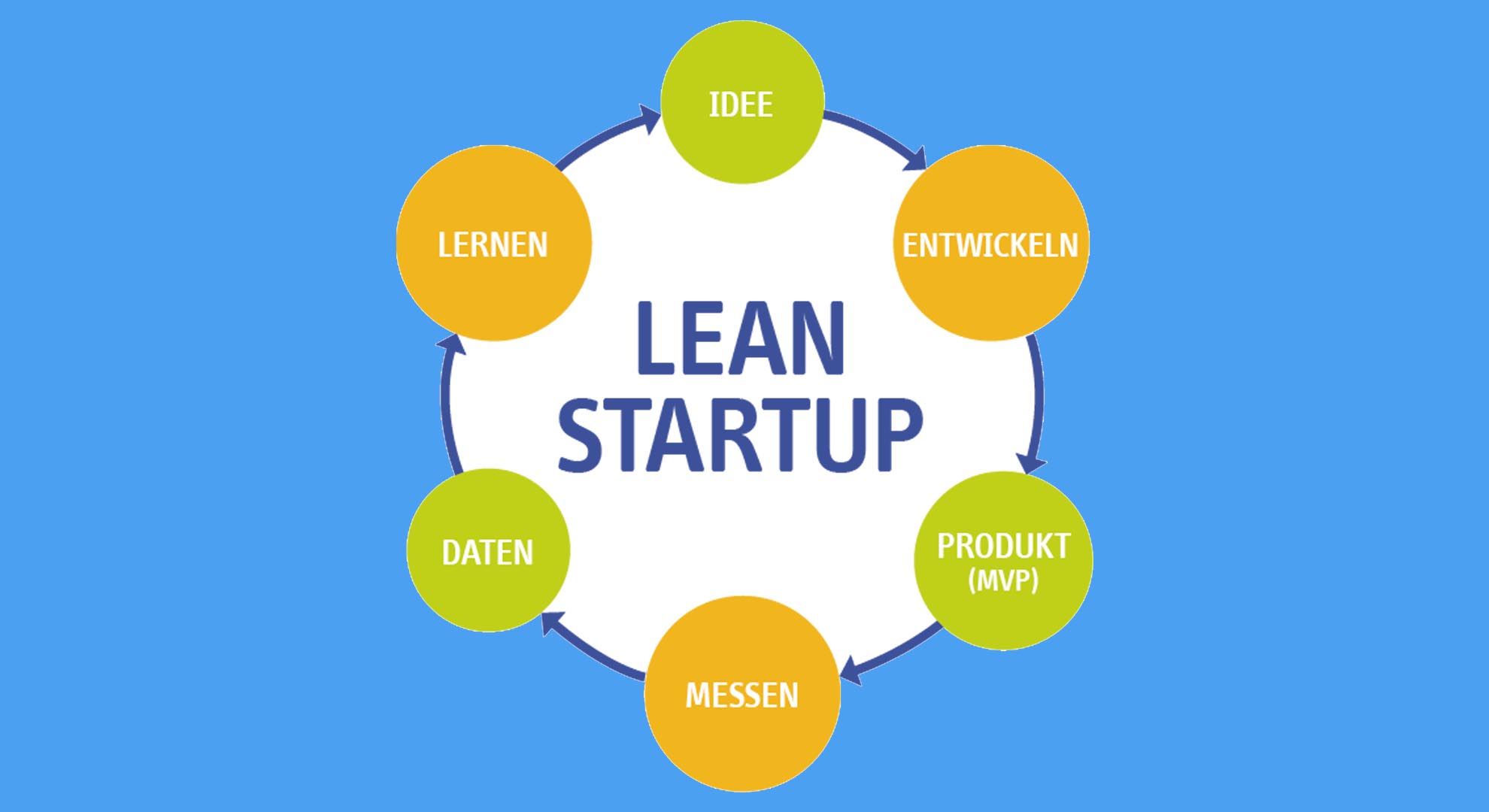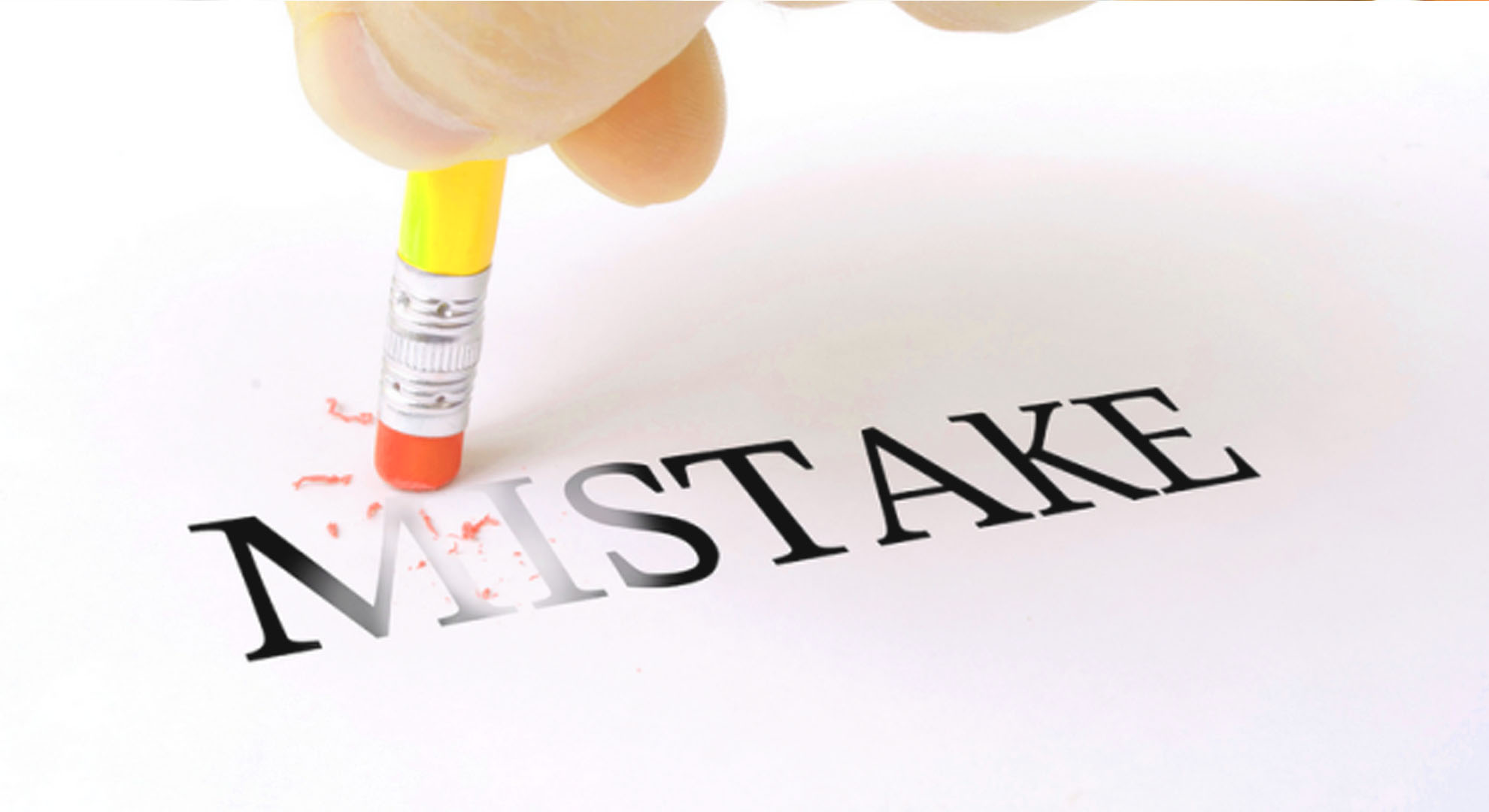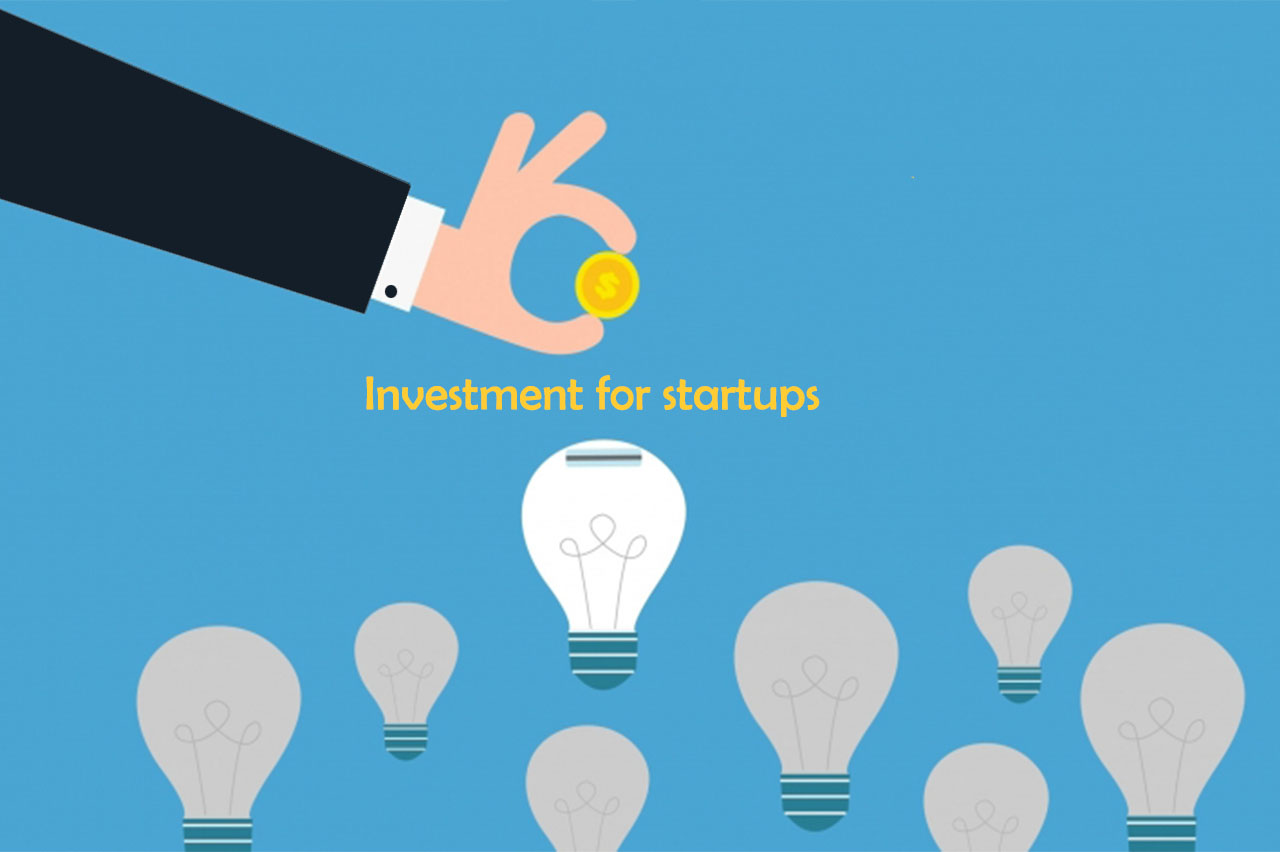Globalization, competitive conditions and technological advances have all denoted to a transformation in business thinking from build-to-grow to buy-to-grow. It is not only giant tech organizations that have made an acquisition mindset and keen eye for finding great startups to buy, either. Non-tech industries are also starting to comprehend the essential forethought to obtain smaller companies to stay competitive and scale.
According to Thomas Reuters:
- There are more than 50,000 mergers and acquisition deal worldwide.
- There have been more than 500,000 merger and acquisition deals in the past 11 years.
- There were $2.6 trillion deals in 2017 and they are expected to surpass $3.2 trillion by the end of 2018.
Now the question arises, what big companies look for while purchasing a startup? So, here are 8 things big companies take into consideration when buying a startup.
1. The Talent Of That Startup Team Members
Sometimes the big companies want to acquire a startup just for its talent. Let’s take the example of E-commerce retailer Jet.com, which was founded by Marc Lore. He was a former leader at Amazon. Walmart wanted to give tough competition to Amazon’s market domination. So, it acquired Jet.com, not just technology but also leadership.
This move was considered as the most successful one. In an interview with Wall Street Journal, Lore, Walmart’s e-commerce chief said that they have empowered the leaders of these companies to basically operate the category through the whole entity. They didn’t only buy to implement their own processes, in fact, the management was empowered to run this category.
2. The Platform Being Used
LinkedIn was purchased by Microsoft for $26 billion. LinkedIn altered itself from an austerely business social network to one with a progressive, open content platform when it purchased Pulse. At the time, said Deep Nishar, LinkedIn’s SVP of User Experience and Product, “they wished LinkedIn will be the ultimate professional publishing platform.”
3. The Technology Being Used
Chewy.com was acquired by PetSmart in 2017 for $3.35 billion. The giant pet brick-and-mortar retailer made the planned purchase of Chewy’s huge e-commerce system. Acclimatizing to fluctuating shopping behaviors, Chewy delivered PetSmart with one of the fastest-growing e-commerce sites in the world.
Correspondingly, in a move to help latest technology services and products and contend with cloud providers like Microsoft Corp and Amazon.com Inc., Dell Computers purchased EMC in 2016. The deal developed Dell EMC and combined the prominent supplier of computer storage products with the namesake company built upon servers and personal computers. The company saw a surging demand for servers, computers and networking equipment. In 2017, after a year of the buyout, they signed on 10,000 new business customers.
4. The Brand Value Of That Startup
Hostess Brands, with its roots as a product established in a Kansas City church basement in 1905, has had a solid brand name in the pre-WWII period. It acquired Metropoulos and Apollo, was encouraged by strategies to capitalize on R&D of healthier and seasonal types of Hostess snack foods. With its identifiable brand and current distribution networks, Hostess could familiarize these new products to curious and loyal customers alike.
The chairman and CEO of the Gores Group, Alec Gores said that Hostess gave them a different chance to invest in an iconic brand with strong basics which are composed for continued growth. It was considered as a successful acquisition because its compounded annual growth rate went to 15% in 2015 and 2016.
5. It’s Access To A New Demographic
In 2007, Clorox purchased earth-friendly Burt’s Bees for $913 to tap millennials for more sustainable, natural, safer and healthier products. In 2016, the company inaugurated a grant program for small company’s well-being and health, with the name of Natural Launchpad. This was done to engage socially conscious millennials.
With younger customers perplexing with the old buying habits, Nordstrom can now help those who want new clothes without shopping for them. `Both companies documented the value of possessing a chunk of the loyal and vast millennial demographic. And both knew the quickest and best method to get a chunk was to attain a company that at present an owned one.
6. Their Distribution Model
In an attempt to contend, Gillette, Unilever paid $1 billion for Dollar Shave Club loyal customers and direct-to-consumer distribution channel. Only four years old, and propelled with a famous YouTube video that earned them more than 25 million views. This made Dollar Shave Club the market disruptor Unilever was finding.
Dollar Shave Club just directed the company sales for Unilever with a 47% jump in direct-to-consumer sales between 2015 and 2016. Unilever accepted loyalty with that move, also. Exceeding 50 percent of subscribers who purchased razors from DSC in the first three months of 2015 stayed customers in April 2016, as per a research company Slice Intelligence.
7. Check If They Have Any Legal Issues
Checking the legal issues is one of the most significant stages that sometimes big companies avoid. Sometimes during the startup development phase, some ideas are plagiarized and when the project becomes famous the company has fight legal battles. So, it is important for the big companies to conduct proper research regarding the legal issues when buying a startup.
8. The Ongoing Running Cost Of That Business
It is very important for a big company to take into consideration the ongoing running cost of that business. This is because, when you acquire a startup, it is easy to concentrate on the performance of the company and figure out the upsides. This will also give you a clear estimation of your cash flow. You will get a clear idea about retaining the staff of the new company.















